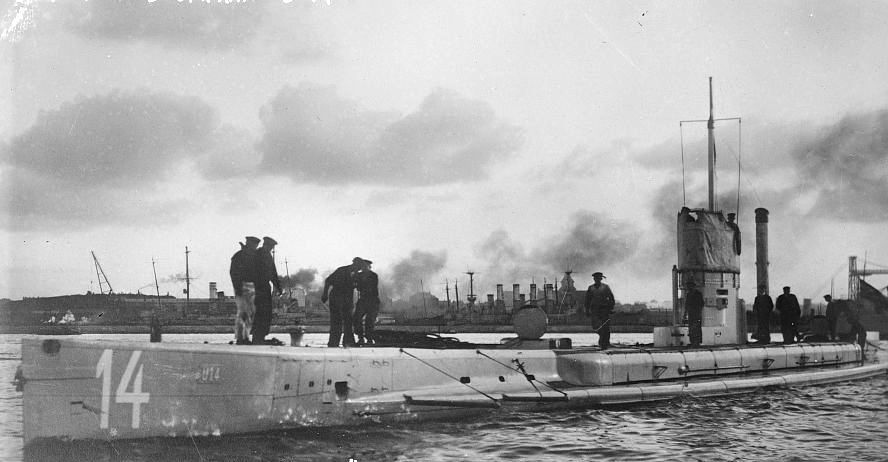|
Total War
Total war is a type of warfare that includes any and all civilian-associated resources and infrastructure as legitimate military targets, mobilizes all of the resources of society to fight the war, and gives priority to warfare over non-combatant needs. The term has been defined as "A war that is unrestricted in terms of the weapons used, the territory or combatants involved, or the objectives pursued, especially one in which the laws of war are disregarded." In the mid-19th century, scholars identified total war as a separate class of warfare. In a total war, the differentiation between combatants and non-combatants diminishes due to the capacity of opposing sides to consider nearly every human, including non-combatants, as resources that are used in the war effort. Characteristics According to an analysis by Tiziano Peccia of Stig Förster's works, total war is characterized on four dimensions: # Total purposes (aim of continuous growth of the power of the parties involved ... [...More Info...] [...Related Items...] OR: [Wikipedia] [Google] [Baidu] |
Cyprian War
Cyprian (; la, Thaschus Caecilius Cyprianus; 210 – 14 September 258 AD''The Liturgy of the Hours according to the Roman Rite: Vol. IV.'' New York: Catholic Book Publishing Company, 1975. p. 1406.) was a bishop of Carthage and an early Christian writer of Berber descent, many of whose Latin works are extant. He is recognized as a saint in the Western and Eastern churches. He was born around the beginning of the 3rd century in North Africa, perhaps at Carthage, where he received a classical education. Soon after converting to Christianity, he became a bishop in 249. A controversial figure during his lifetime, his strong pastoral skills, firm conduct during the Novatianist heresy and outbreak of the Plague of Cyprian (named after him due to his description of it), and eventual martyrdom at Carthage established his reputation and proved his sanctity in the eyes of the Church. His skillful Latin rhetoric led to his being considered the pre-eminent Latin writer of Western Chris ... [...More Info...] [...Related Items...] OR: [Wikipedia] [Google] [Baidu] |
Blockade Of Germany
The Blockade of Germany, or the Blockade of Europe, occurred from 1914 to 1919. The prolonged naval blockade was conducted by the Allies of World War I, Allies during and after World War I in an effort to restrict the maritime supply of goods to the Central Powers, which included German Empire, Germany, Austria-Hungary and the Ottoman Empire. The blockade is considered one of the key elements in the eventual Allied victory in the war. The German Board of Public Health in December 1918 claimed that 763,000 German civilians had already died from starvation and disease, caused by the blockade.C. Paul Vincent, ''The Politics of Hunger: the Allied Blockade of Germany, 1915–1919''. Athens, Ohio: Ohio University Press, 1985. p. 141 An academic study done in 1928 put the death toll at 424,000. An additional 100,000 people may have died during the post-armistice continuation of the blockade in 1919. Both Germany and the United Kingdom relied heavily on imports to feed their population ... [...More Info...] [...Related Items...] OR: [Wikipedia] [Google] [Baidu] |
U-boat
U-boats were naval submarines operated by Germany, particularly in the First and Second World Wars. Although at times they were efficient fleet weapons against enemy naval warships, they were most effectively used in an economic warfare role (commerce raiding) and enforcing a naval blockade against enemy shipping. The primary targets of the U-boat campaigns in both wars were the merchant convoys bringing supplies from Canada and other parts of the British Empire, and from the United States, to the United Kingdom and (during the Second World War) to the Soviet Union and the Allied territories in the Mediterranean. German submarines also destroyed Brazilian merchant ships during World War II, causing Brazil to declare war on both Germany and Italy on 22 August 1942. The term is an anglicised version of the German word ''U-Boot'' , a shortening of ''Unterseeboot'' ('under-sea-boat'), though the German term refers to any submarine. Austro-Hungarian Navy submarines were also kno ... [...More Info...] [...Related Items...] OR: [Wikipedia] [Google] [Baidu] |
Privateer
A privateer is a private person or ship that engages in maritime warfare under a commission of war. Since robbery under arms was a common aspect of seaborne trade, until the early 19th century all merchant ships carried arms. A sovereign or delegated authority issued commissions, also referred to as a letter of marque, during wartime. The commission empowered the holder to carry on all forms of hostility permissible at sea by the usages of war. This included attacking foreign vessels and taking them as prizes, and taking prize crews as prisoners for exchange. Captured ships were subject to condemnation and sale under prize law, with the proceeds divided by percentage between the privateer's sponsors, shipowners, captains and crew. A percentage share usually went to the issuer of the commission (i.e. the sovereign). Privateering allowed sovereigns to raise revenue for war by mobilizing privately owned armed ships and sailors to supplement state power. For participants, privateerin ... [...More Info...] [...Related Items...] OR: [Wikipedia] [Google] [Baidu] |
Unrestricted Submarine Warfare
Unrestricted submarine warfare is a type of naval warfare in which submarines sink merchant ships such as freighters and tankers without warning, as opposed to attacks per prize rules (also known as "cruiser rules") that call for warships to search merchantmen and place crews in "a place of safety" (for which lifeboats do not qualify, except under particular circumstances) before sinking them, unless the ship shows "persistent refusal to stop ... or active resistance to visit or search". To follow the rules a submarine must surface, defeating the purpose of submarines and putting itself in danger of attack. History Limitations on warfare at sea date back to the 1899 Hague Convention. During the First World War, the United Kingdom introduced Q-ships with concealed deck guns and many armed merchantmen, leading Germany to ignore the prize rules. In the most dramatic episode they sank in 1915 in a few minutes because she was carrying war munitions. The U.S. demanded it stop, and ... [...More Info...] [...Related Items...] OR: [Wikipedia] [Google] [Baidu] |
Tonnage War
A tonnage war is a military strategy aimed at merchant shipping. The premise is that the enemy has a finite number of ships and a finite capacity to build replacements. The concept was made famous by German Grand Admiral Karl Dönitz, who wrote:"The shipping of the enemy powers is one great whole. It is therefore in this connection immaterial where a ship is sunk—it must still in the final analysis be replaced by a new ship". Most anti-shipping strategies have had a relatively narrow set of goals. A traditional practice of the Royal Navy during wars between Britain and France was the blockade. By concentrating naval forces near large French ports, the Royal Navy was usually able to impede French trade to the point of creating significant economic difficulties. The opponent may focus on ships carrying strategically vital cargoes such as hemp and timber or, in modern times, oil and iron. The aim might be to attack ships carrying particularly valuable cargoes such as treasure or mun ... [...More Info...] [...Related Items...] OR: [Wikipedia] [Google] [Baidu] |





